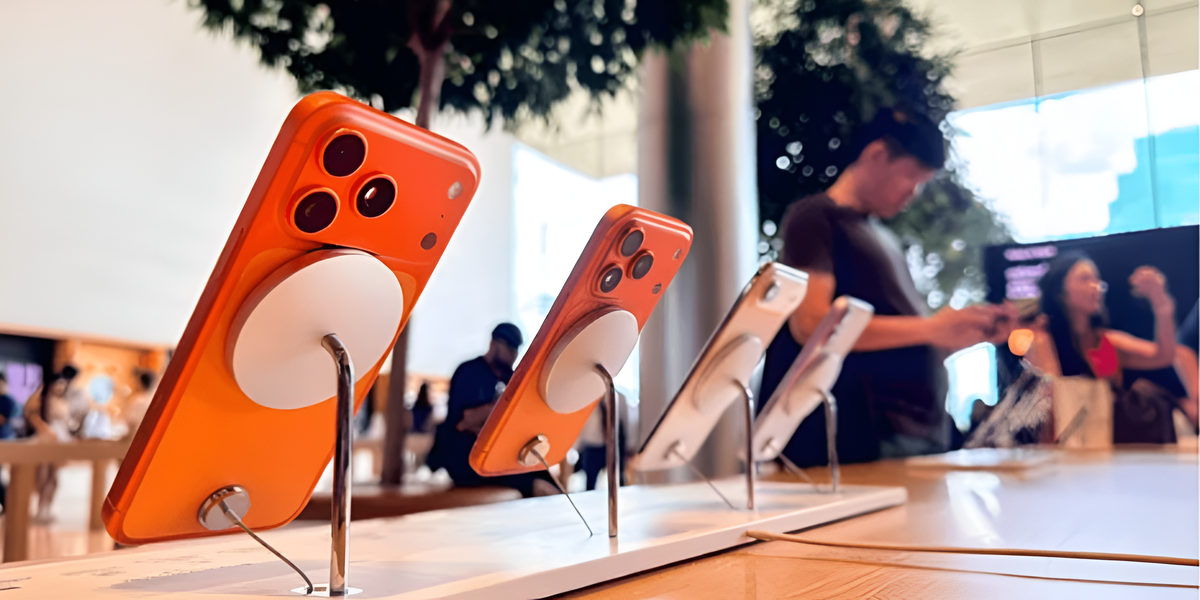Plan Netflix preventing users from sharing their accounts could lead to more drama in the coming months. Especially among those who use tools to protect your online privacysuch as a VPN or services such as Apple’s Private Relay.
If you’re wondering why, the answer is very simple: it’s still unknown how the streaming service’s measures will affect those who don’t share their account. But change to the platform, masking your real IP address. And when I say cheat, I mean the least harmful meaning of the word.
How Netflix is going to determine when a user is inappropriately sharing their account is not entirely clear yet. In principle, it is known that the company encourages its users set “primary location” in your profile. If you later find that the device is trying to access this account from another location, you can block access.
A few days ago, Netflix mistakenly reported that it would track devices to connect to the IP address of the main location. at least once every 31 days. It was also mentioned that those who are going on vacation can request a temporary 7-day code to access the service from another location. However, both links have disappeared from the US support page. Nor do they exist in countries where measures against general accounts are already in place, as in the case of Spain.
“As always, subscribers will be able to watch Netflix on their personal devices or sign in on another TV (such as a hotel or rental property),” the company said in a recent announcement. But it was not explained how and what will happen in cases where the Internet connection is protected by VPN or Private Relay.
Netflix plan against shared accounts could be another headache
Understandably, not everyone uses a VPN on a daily basis. But it’s more common to see cases where multiple Apple devices owned by the same person use private relay. This shouldn’t be much of an issue on an iPhone or iPad, given that the option works primarily in Safari and Netflix has its own standalone app. But things may be different if the streaming platform is accessed from a Mac through a browser.
Thus, if Private Relay is enabled, The iPhone may appear to be connected in Alcala de Henares, while the Mac is in Barcelona.when both are in the same room in the center of Madrid, connected to a common network. And something similar can happen to those who use Android phones with a VPN included with their Google One subscription, to mention another example.
How will Netflix react if it detects that devices are constantly being accessed from “different locations” despite being within our main location? Will there be some setting that will allow us to detect when someone is actually trying to use our account from somewhere else? Or will the platform consider that we are violating its new terms and conditions and kindly “offer” to pay extra for additional subprofiles?
Unfortunately, Today it seems that there are no direct answers to these questions.. And if there is, Netflix hasn’t revealed them yet. Something that can happen due to the gradual launch and the need to adapt the strategy to each country and their respective legal frameworks.
For now, if you use any tools to protect your online privacy, don’t be surprised if Netflix’s new plan against shared passwords gives you a headache. Even if you are not violating the terms of service.
Source: Hiper Textual













